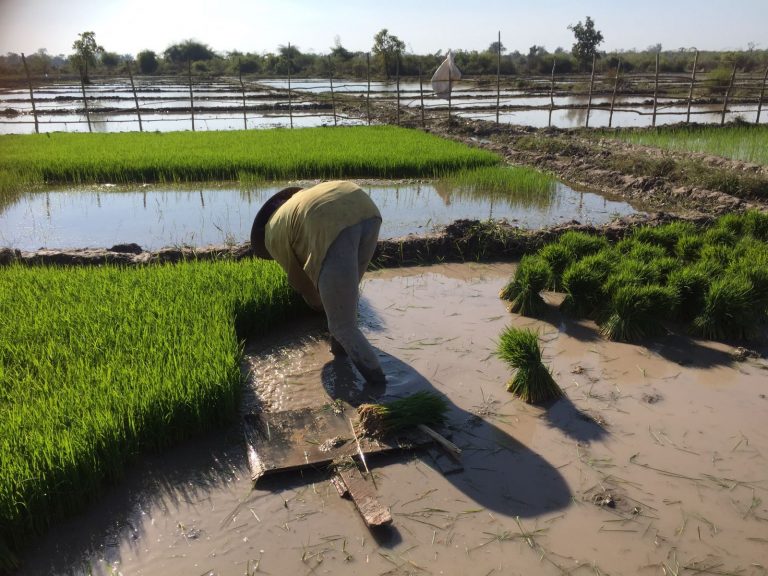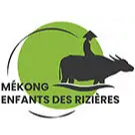Ranked 137 out of 189 in the Human Development Index, Laos is one of the poorest country in the world. Gender inequalities are particularly strong and have been reinforced by the health crisis. Lao women have less education, are in more precarious jobs and are paid less than men. Living mainly in rural areas, the Laotian population is particularly dependent on the Mekong River, whose rich waters are an important source of food and income. However, the intensive exploitation of the river threatens biodiversity and impacts on the food security of the inhabitants. Faced with these difficulties, the villagers of Dongkouay, a village located in the province of Vientiane, have asked for help from the Mékong Enfants des Rizières organization, whose founder is known to have helped this village with donations of materials.

Co-sponsored by Mékong Enfants des Rizières and the Pa Namkong Lao Community Association (PNLCA), the project aims at empowering the women of the village by strengthening their technical and organizational capacities in the field of rice-fish farming and entomology (insect reproduction). These women will benefit from educational support in the form of a comic strip that covers the different stages of setting up rice-fish farming. Rice-fish farming is a practice that consists of raising fish in a rice field at the same time as growing rice to generate a complementary activity in the marketing of fish.

The organization Mékong Enfants des Rizières was created in 2014 to provide assistance to the populations of the Mekong basin threatened by food insecurity by promoting the establishment of sustainable peasant agriculture.